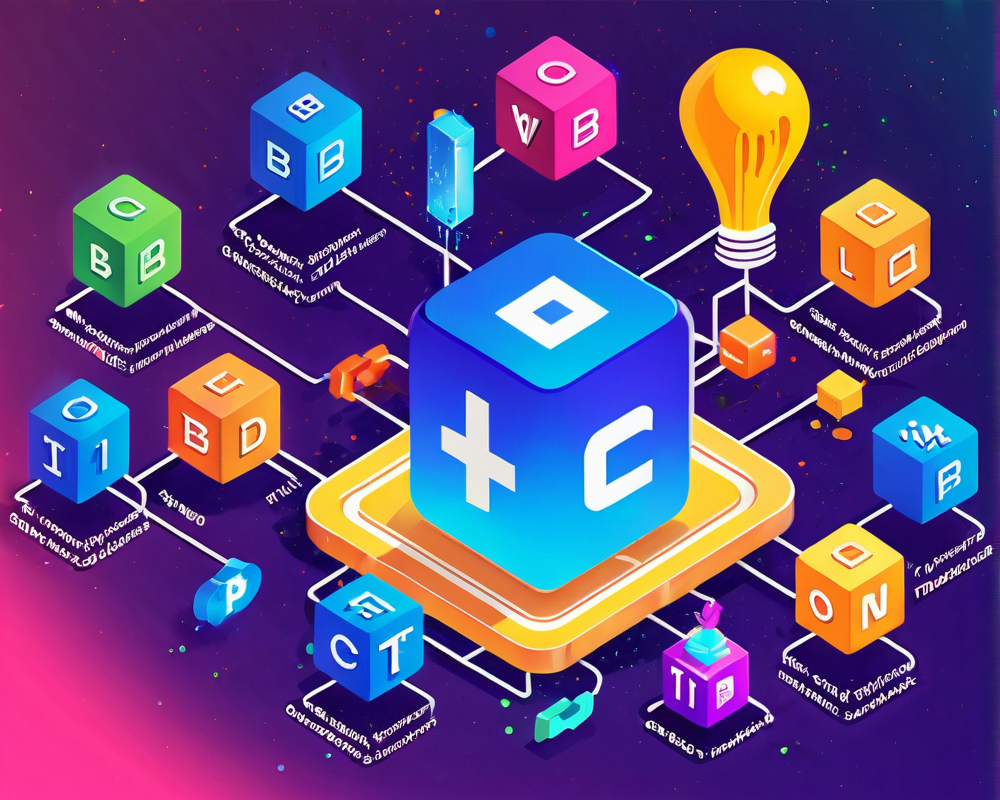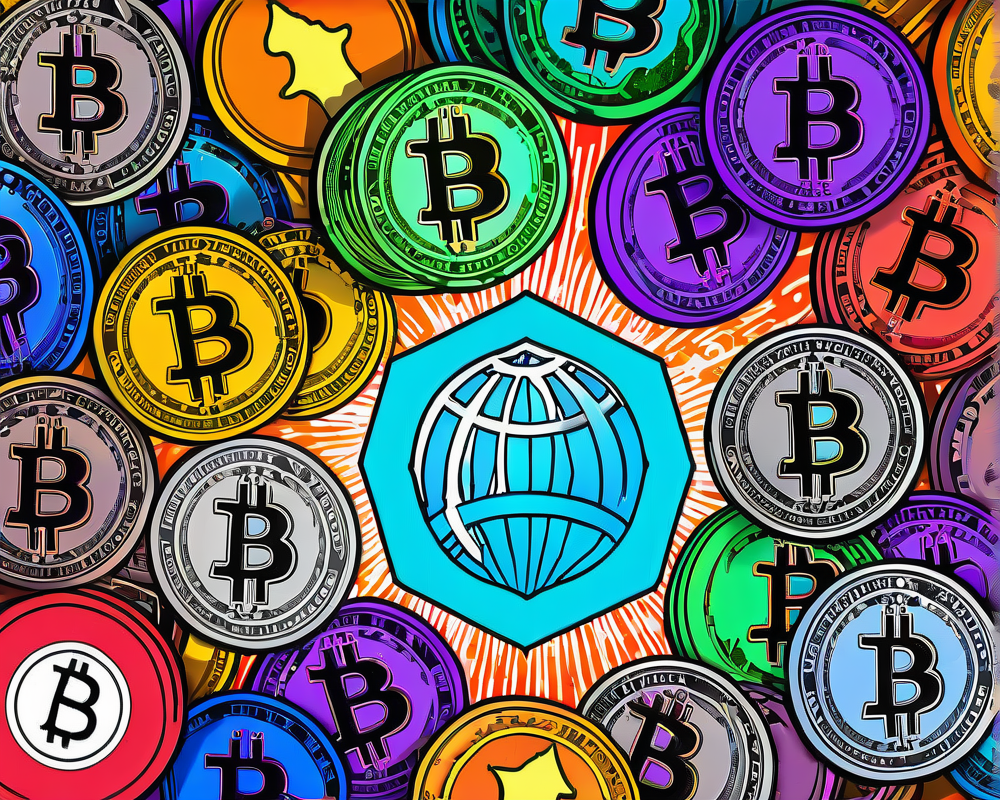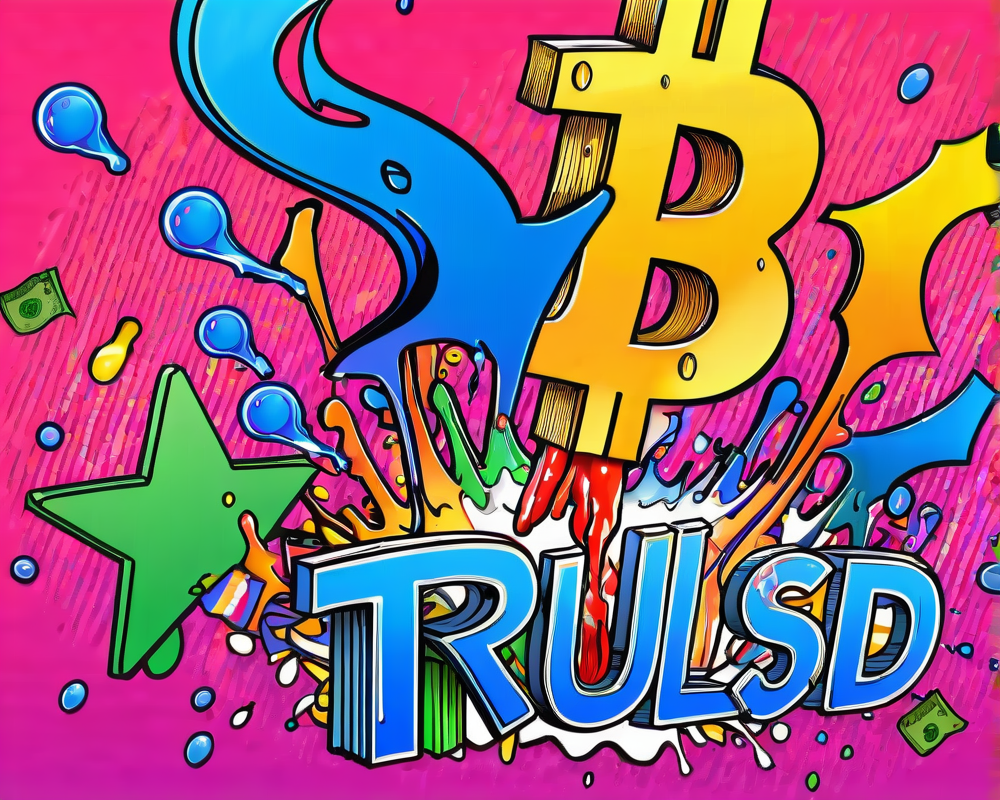The Comparisons We Make
Blockchain proponents often say, “this is just like the early days of the Internet!” This comparison is both a blessing and a curse, kind of like being dubbed the ‘next big thing’ but still being stuck in the basement of tech innovation. While the Internet has become as necessary as coffee on a Monday morning, Blockchain still wrestles for relevance, trying to find the right footing in an already saturated space.
Interoperability: The Key to a Blockchain Renaissance
Currently, navigating between different blockchains feels like trying to sign up for a gym membership with multiple paperwork formats: cumbersome and ultimately frustrating. The Internet lets us seamlessly interact; in contrast, if you wish to move from Blockchain A to Blockchain B, you’ll likely need a PhD in the sci-fi version of cryptocurrency. The solution? Interoperability! Just like we unified our passwords thanks to password managers, the blockchain needs a universal communication method, similar to TCP/IP in the early days. Until then, we’re left scanning multiple QR codes, like a tech detective on a treasure hunt.
The Great Speed Debate
Let’s face it: waiting for a transaction to clear can feel like watching paint dry. With Bitcoin managing a whopping seven transactions per second (yes, seven!), the speed issue is akin to running a race with molasses. A tech expert once noted that verifying a Bitcoin transaction now takes about 43 minutes—longer than waiting for your laundry cycle. Blockchain needs to speed things up drastically to keep up with today’s fast-paced digital world.
Governance: Too Many Cooks?
If you’ve ever tried to plan a group dinner with friends, you’ll know that too many opinions often lead to a pile of indecision. Blockchain networks face similar challenges with governance, as differing opinions can lead to splits and hard forks that leave users scratching their heads. Meanwhile, the Internet has benefited from institutional support like ICANN to foster growth. Blockchain could certainly benefit from clearer, global governance without the urge to create an Xbox versus PlayStation scenario within their communities.
Trust Issues: A Web of Confidence
Trust is not just a four-letter word in the context of the Internet; it’s the bedrock upon which successful economies are built. Blockchain still carries the stench of skepticism. The legacy players—all those financial institutions we love to complain about—have crafted their trust over time. Blockchain needs to step up its game by baking in credibility from the get-go, perhaps with a governmental stamp of approval or a charismatic spokesperson. Until that happens, we’re just fishing in murky waters.
From Geekdom to Mainstream: Making Blockchain Friendly
Once upon a time, using the Internet required a baseline knowledge only someone named “Techie Tim” would have. Today, everyone and their grandma is browsing the web with ease. Blockchain’s current user interface is about as relatable as ancient Egyptian hieroglyphs. To achieve true mainstream status, we need to simplify interactions and optimize user experiences. Dominik Zynis’ insights resonate throughout this journey, suggesting that the Blockchain must democratize finance as the Web did for content. If we can create user-friendly platforms that empower average users to utilize Blockchain, we’ll have officially crossed the bridge to a digital utopia!
Conclusion: The Blockchain Road Ahead
So, will Blockchain become as essential as the Internet? The path ahead is filled with challenges, but also opportunities. The need for interoperability, robust governance, speed, and most importantly, user trust are critical for Blockchain to truly shine. Let’s hope we see these changes soon, or we might be stuck reminiscing about the “could-have-beens” while munching on stale tech metaphors!




